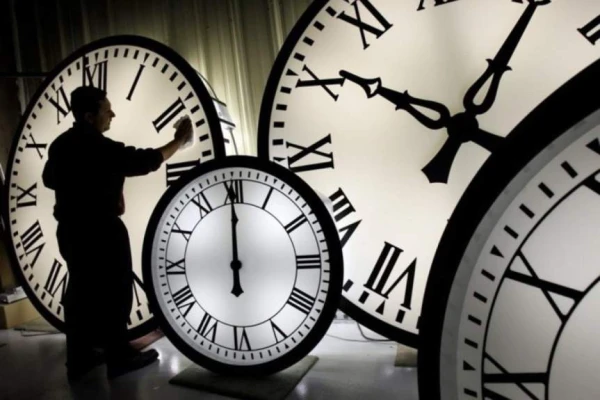
The transition to winter time in Latvia this year will occur on October 26. Traditionally, it takes place on the last Sunday of October. Therefore, this year the clocks will need to be set back on October 26 at 4:00 AM.
This only applies to clocks that are not connected to the internet and do not change automatically. On 'smart' devices, the time will change by itself.
The extra hour on Sunday can serve as compensation for the autumn bad weather and short daylight. Unfortunately, when the weather improves and the days become longer, this little gift will be taken away. The transition back to summer time will take place on the last Sunday of March 2026 — that is, on March 29 at 3:00 AM, the clocks will need to be set forward by one hour.
The procedure for transitioning to summer time in Latvia is regulated by the Cabinet of Ministers regulations from October 26, 2010, No. 1010 "On the transition to summer time." However, prior to this, the European Parliament and the Council of the EU adopted a directive on January 19, 2001, establishing uniform start and end dates for summer time for all EU member states.
The clock change vividly highlights the main paradox of modern democracy: the majority of the population is against it, yet the authorities know what is best. According to a survey conducted by Norstat, the transition from summer to winter time significantly affects the well-being of many residents of Latvia. 18% of respondents admitted that they feel a strong impact from the time change, while another 38% noted that it affects them "to some extent."
Only 13% are confident that changing the clocks has no effect on their health.


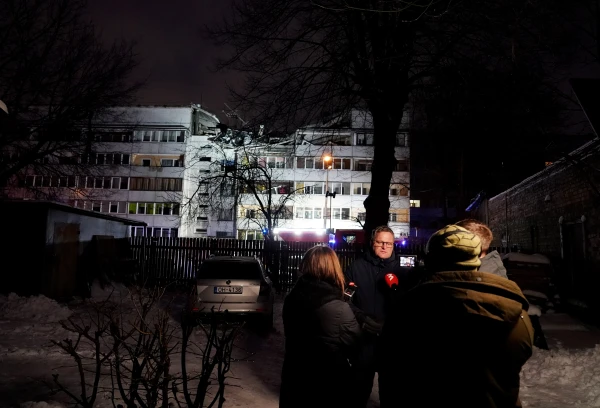

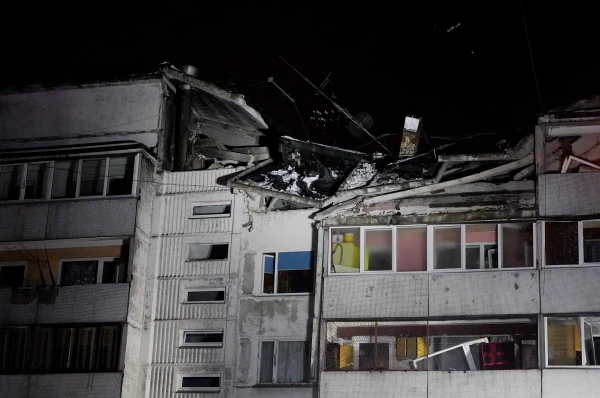
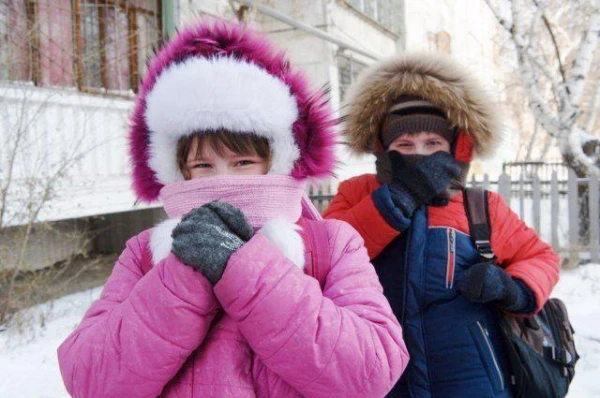
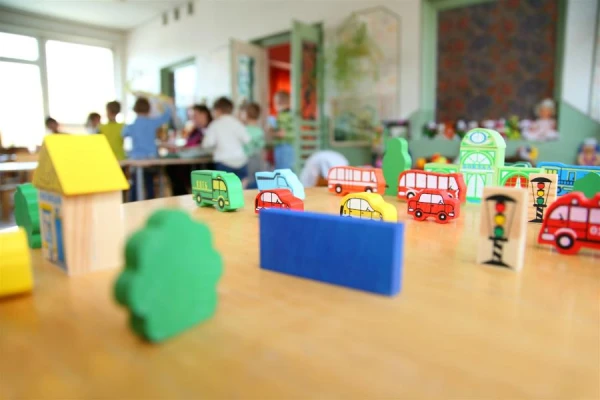

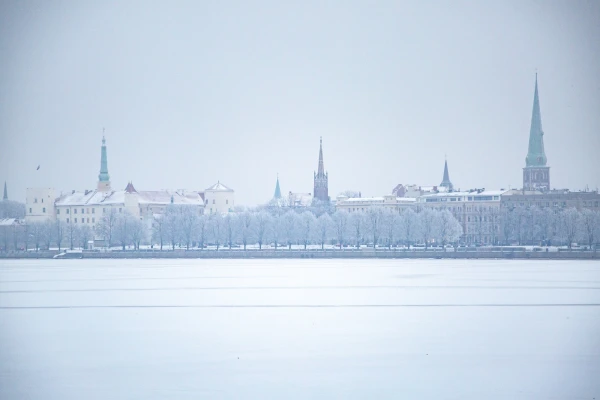

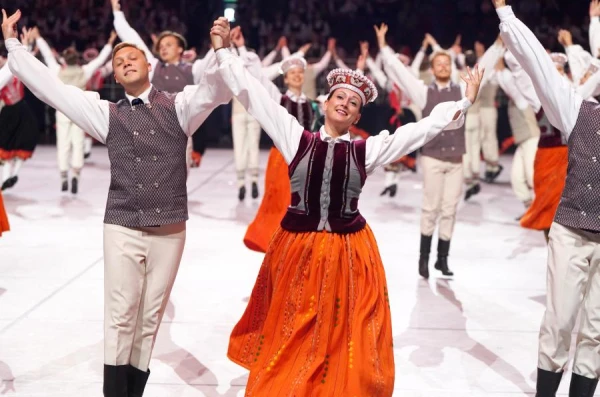

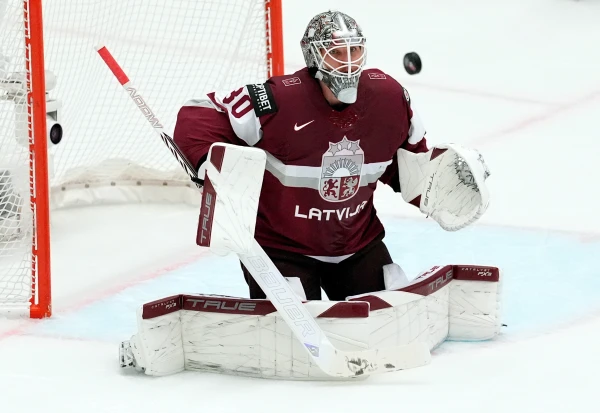

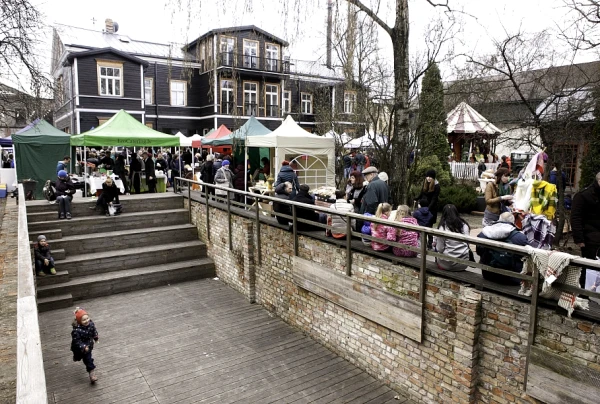

Leave a comment